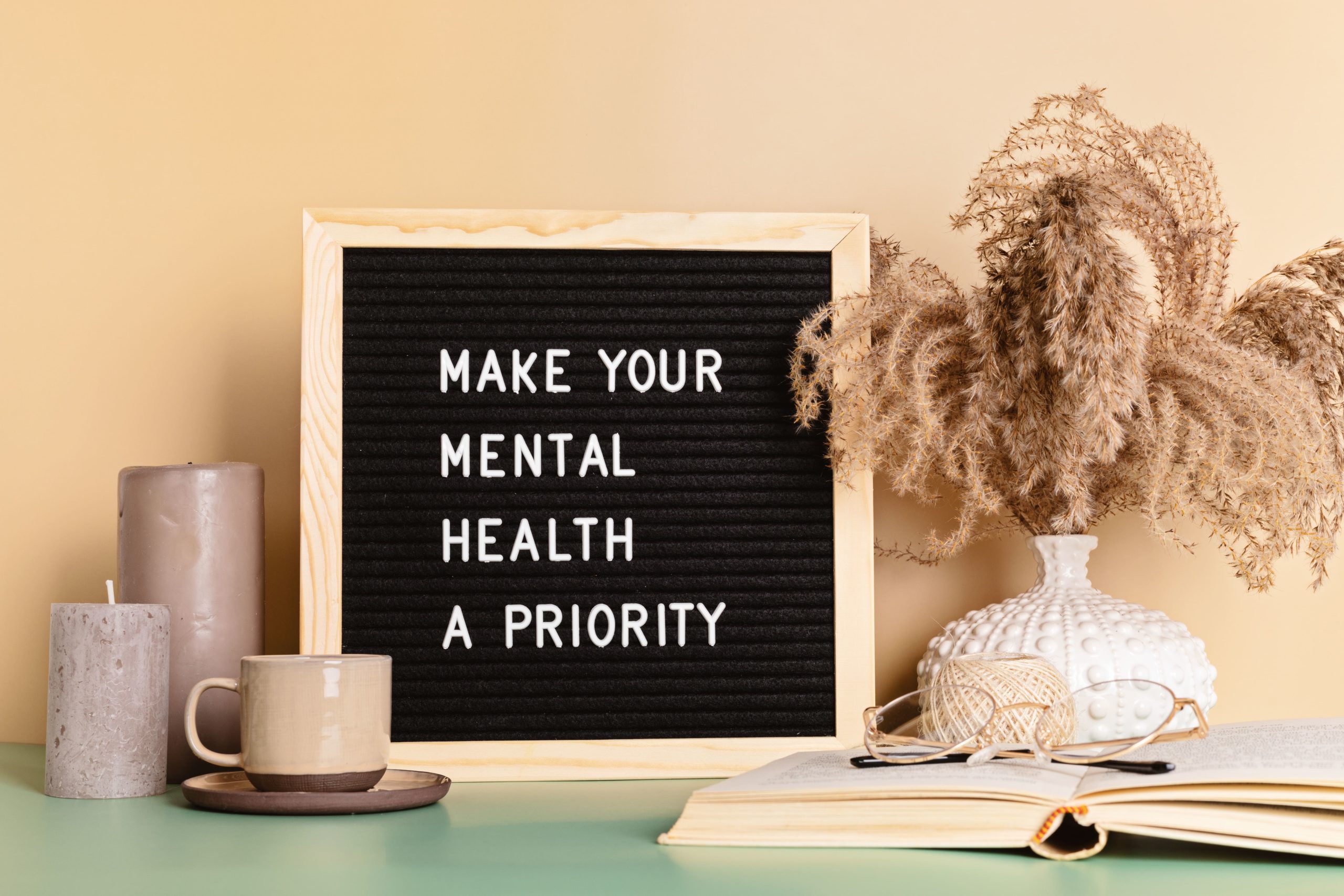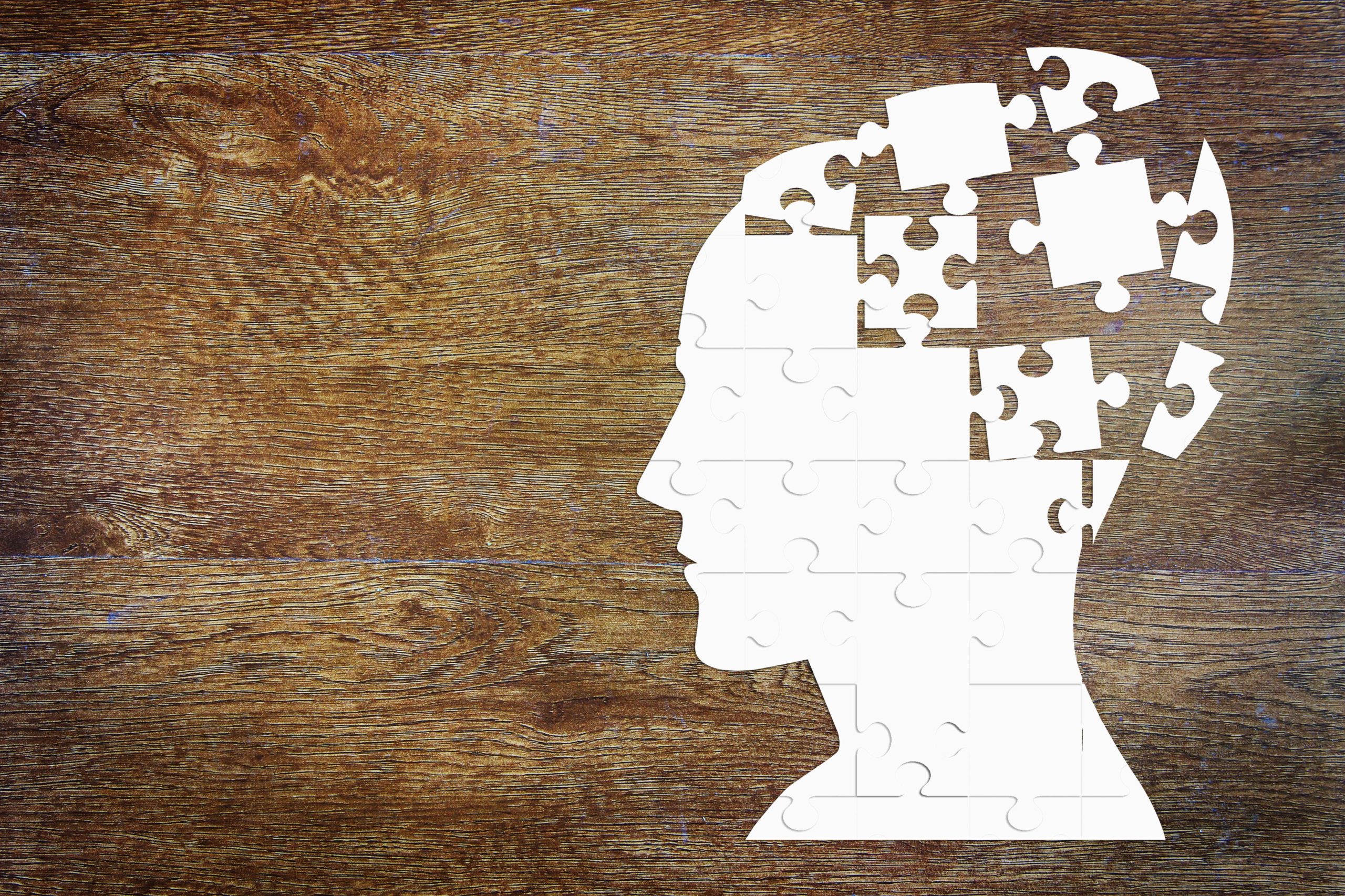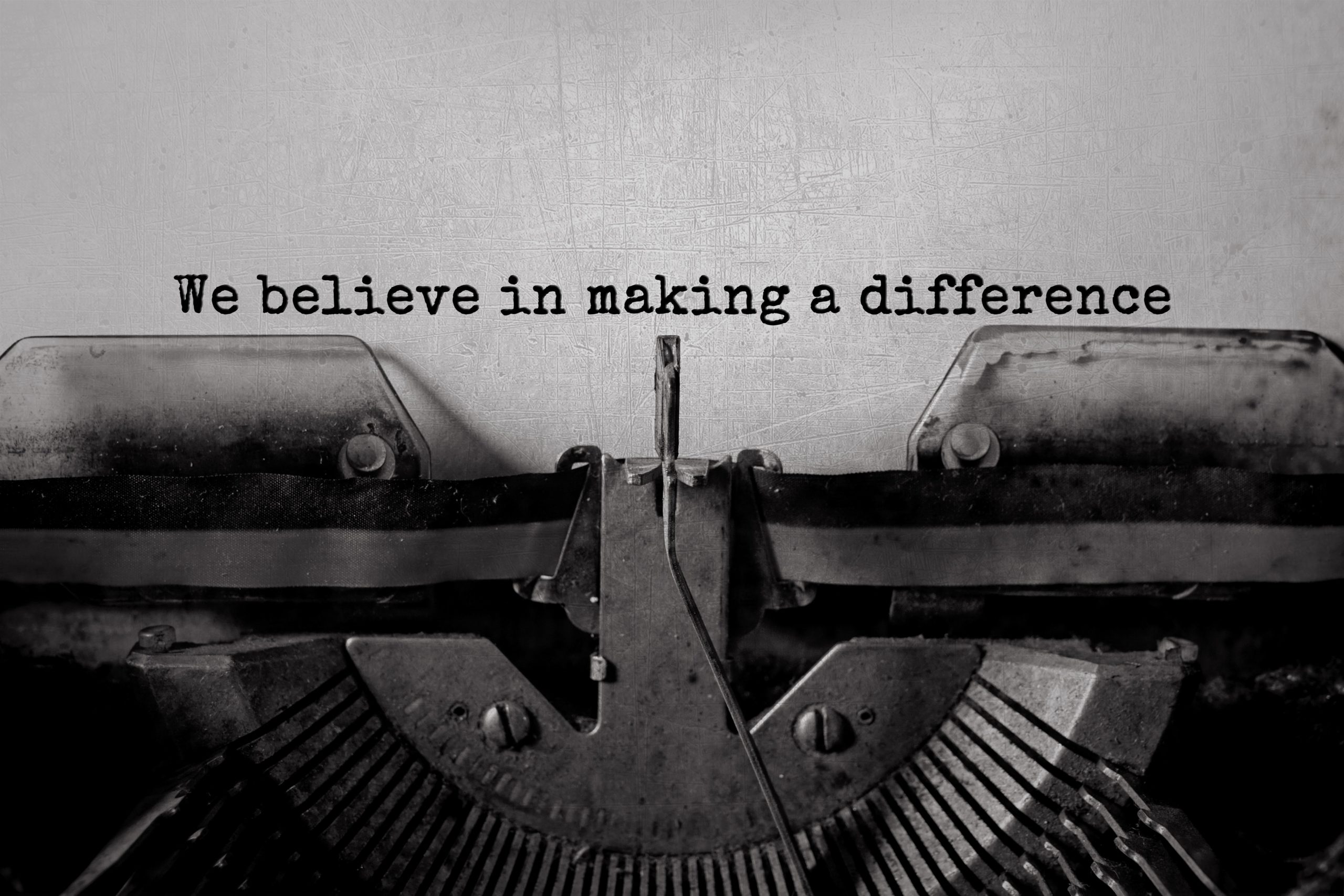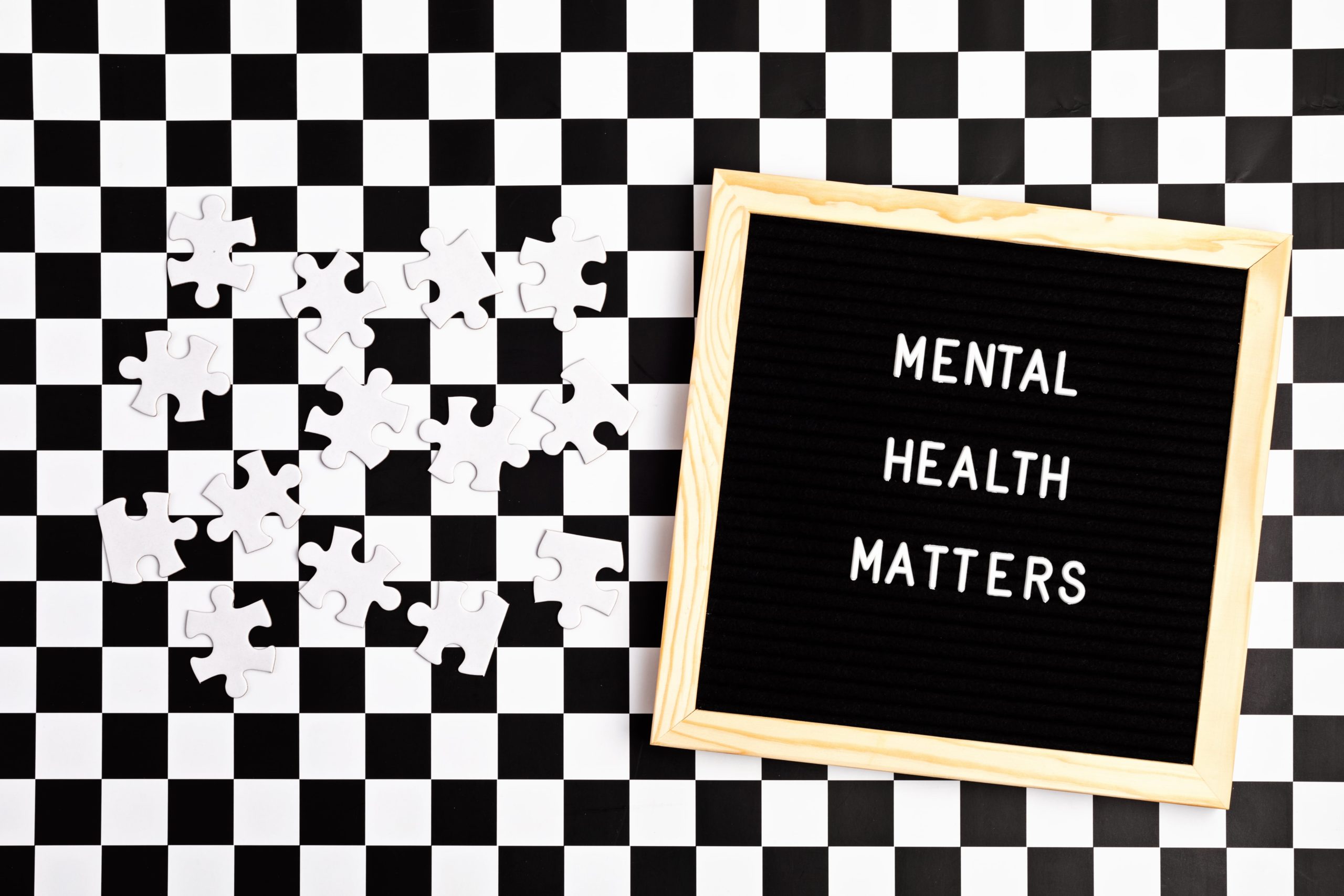
What we do
That we can offer you to get your name out thereDEPRESSION & UNHAPPINESS
There’s no one way of experiencing depression. Some people become intensely depressed for a relatively short period; others may be mildly depressed for a long time, even years. Depression can feel like it’s wearing down the very core of you. It can be easy to lose hope that things will ever feel better again.
Depression is almost as common as it is debilitating — one in five people will experience it in their lifetime and it is the leading cause of disability in the world. How does it develop, how does it differ from ‘feeling low’ and what therapies what can help to alleviate it?
ANXIETY & PANIC
Though short term, manageable anxiety levels can be helpful in certain situations, anxiety can become problematic when it is chronic or excessive. Therapy and counselling can help you to develop healthier responses to the tensions and confrontations of modern life.
CBT, Cognitive Behavioural Therapy, is the most popular form of therapy for a range of issues that fall under the umbrella term ‘anxiety’, using a solution-focused, ‘here and now’ approach to facilitate recovery.
STRESS & BURNOUT
Stress— of the right kind, at the right time, and in the right amount — can help you achieve objectives in life by stimulating your thought and creativity, and providing the energy boost you need to improve your performance. But if stress is maintained at a high level for too long, the exact opposite happens.
When you start being adversely affected by your stress, you may try to plug the gaps in the quality of your output by working harder…and becoming even more stressed, which actually leads to a poorer performance over time.


RELATIONSHIP ISSUES
While they can be a great source of love, enjoyment and support, at some point in our lives we all experience difficulties in our personal relationships. Misunderstandings and disagreements can escalate into persistent feelings of tension and discontentment.
Modern relationship counselling in no way seeks to place blame or pin a cause for problems upon any one person or group. The emphasis rather is on identifying the negative cycle particular to your relationship, which is often a bidirectional pattern of action and reaction.
INSOMNIA & SLEEP PROBLEMS
In the short term, a few nights of poor sleep won’t cause you any serious harm, though it could affect your concentration or energy levels the day after in a fairly minor way. Lack of sleep which goes on for longer than this is more of a problem.
Help for insomnia can come with therapy. CBT and mindfulness therapies have been shown to be more effective and to give longer- lasting results than sleeping pills. You can also improve your sleep patterns and the quality of your sleep by restricting your intake of alcohol, caffeine, and other drugs.
ANGER PROBLEMS
Approximately 1 in 4 people say they worry about how angry they sometimes feel. Excessive anger can be detrimental to your emotional, mental and physical health. We work to help you to develop more healthy, constructive ways to express anger.
EATING DISORDERS
By tackling the way we think about ourselves, our bodies, and food, and using this to inform changes in our eating behaviours, CBT provides a powerful method for breaking free from the powerful grip of anxiety, guilt and shame that can control our relationship with food. Issues with food and eating are relatively common for both men and women: even if our problems are not at a level recognisable as Anorexia or Bulimia or another diagnostic category, many of us struggle with our body image, seem to be on a constant diet, find ourselves trapped in cycles of binge eating, or experience anxieties at the prospect of meal times.
OCD & OBSESSIONS
As many as 80% of us have minor compulsions which don’t affect our everyday life in any major way. But someone with obsessive compulsive disorder — perhaps two to three per cent of us — can feel forced to perform certain actions in the same way, maybe many times, usually every day. Not doing so can cause great anxiety and preoccupation. Mindfulness-based therapies encourage people to replace the distress and avoidance associated with obsessions with a non-judgemental awareness and acceptance of their inner mental state. This is proving effective even in those who have been not been helped by other treatments.
SEX ISSUES
It can feel like there are a million things that can become problematic about our relationship with sex and with our sexual partners. Whether you’re experiencing sex addiction, worried about a loss of interest in sex, or hoping to work through a painful trauma, therapy and counselling can prove helpful. What sexual problems have in common is how disruptive and upsetting they can be. Sometimes we may need help to get through these tough times, and therapy and CBT is the support system of choice for many in this situation.
Bipolar Disorder
Bipolar Disorder, which used to be known as manic-depression, is a brain disorder that causes atypical changes in energy and activity levels, mood, and the ability to fulfill day-to-day obligations. Bipolar disorder is characterized by severe symptoms. They are different from the normal mood swings that we all experience from time to time. Bipolar disorder often develops in late adolescence or early adulthood, with most cases often developing before age 25. However, this is not a hard and fast rule: there have been cases of bipolar disorder developing much earlier or later in life.
Grief
Grief is a natural response to losing someone close to you or something you value highly. Grief can result from several types of losses, including diagnosis of a terminal illness, job loss, end of a relationship, loss from theft or natural disaster. Feelings may be intense and can be debilitating at times, often resulting in sadness, anger, anguish, ache and longing for the lost. Other times, people feel numb or disconnected.
Grieving is a process that cannot be predicted or controlled. Being able to connect with others around loss and pain can be helpful in reducing suffering and working towards acceptance. Grief can last for a few weeks to years. Oftentimes, grief can ease with time, however, there are times when grief is more complicated.


Borderline Personality Disorder
Borderline Personality Disorder, or BPD, is a diagnosis given to individuals who display many or all of the following behaviors:
- Fear of being abandoned or left alone
- Having unstable relationships that alternate between love and hate for another
- Having an unstable self-image or no identity
- Engaging in impulsive behaviors (gambling, spending, shoplifting, sex, substance abuse, binge eating)
- Making suicidal threats, gestures, attempt, and/or engaging in self-injurious behaviors (cutting)
- Having intense mood swings and emotional overreactions
- Having feelings of emptiness
- Experiencing intense and inappropriate anger and having trouble controlling anger
- Being paranoid or losing a sense of reality
Change the way you feel !
Please call in confidence or text 020-33227760, or fill out the form.
Email: info@hamilitonpsychologicaltherapies.com

